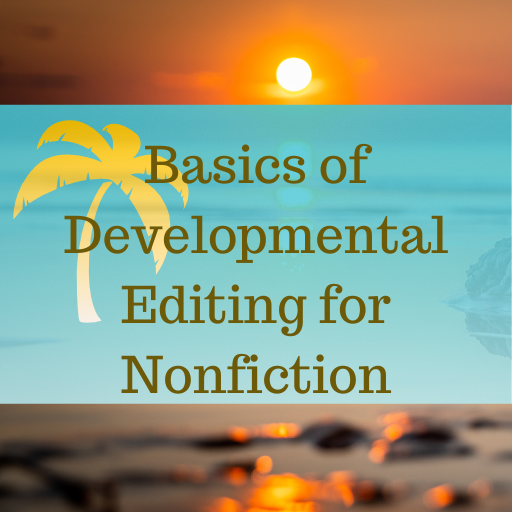Differences in Editing Fiction and Nonfiction
The differences in editing fiction and nonfiction are distinct, and it is important for editors to know these differences so that relevant manuscripts are edited appropriately.

Differences in Editing Fiction and Nonfiction
In nonfiction (with the exception of some categories, such as memoir or narrative nonfiction), what matters is the content – the facts. So, what we care about are things like: Is the information presented in a logical order? Does the author support the argument they’re making with valid data or, if it’s not that kind of ms, at least with case studies and clear examples? When a concept is introduced, it should be defined then, not three chapters later. If Step 2 should logically follow Step 1, and if it does not, then we need to rearrange the steps.
We are mostly concerned that this information will be presented clearly and straightforwardly. A turn of phrase may be beautiful, but if it obscures the author’s meaning, we chop it right out.
In general, nonfiction authors are not protective of their actual words, except in the case of an edit inadvertently changing their meaning. So if a nonfiction author says something is “large in size” we would strike “in size” as being redundant because how else are things going to be large. And no nonfiction author is going to stet that change or challenge that edit.
But in fiction, the concern isn’t that the story should be told in a straightforward and logical way. And we don’t edit out a beautiful turn of phrase merely because its meaning isn’t immediately apparent. It might be a perfect characterization that Joe calls things “large in size” because he’s verbose.
Because fiction is as much about how the story is written as what the story is, the author is far more protective of the work. In nonfiction, I routinely muscle chapters around so that the information we need to know first comes first but I would never rearrange scenes in an author’s novel. I might suggest a rearrangement but I would never go in and do it.
What I typically say about developing fiction is that we can suggest revisions (such as deleting a scene), and we can model revisions (such as showing how to correct head-hopping), but we never actually revise or rewrite. That’s entirely up to the author to accomplish.
And that’s probably the biggest difference in approach: my nonfiction authors would wonder why I wasn’t doing my job if I didn’t just move Chapter 5 to where I think it should go, whereas if I did that with a novel, the author would think I was overstepping my role and pretending to be a co-author.
Tips for Editors & Writers
-
Editing for Character Development
When you’re editing for character development, keep in mind that even small changes have ripple effects throughout the entire manuscript. So any changes you suggest need to be important, or else you’re asking the author to do a lot of work for little reward. For example, sometimes I’ll see editors suggest things like, “Hey, you…
-
Editing for Character Consistency
Because writing a novel manuscript takes place over a long period of time, character inconsistencies can crop up. Maybe in Chapter 1 the author says that Joe has never been in trouble with the law but in Chapter 12 he has a history as a felon. As the editor it can sometimes seem puzzling to…
-
10 Things a Developmental Editor Looks for in an Edit
A fiction editor looks for specific concerns in a manuscript. The following checklist can help you understand the basic story problems you may encounter as developmental editor. #1 Is this a type of genre fiction? If so, does it conform to genre requirements/expectations? If it is genre fiction but does not conform to expectations, is…
Join the Club!
New to story editing? Begin at the beginning.


